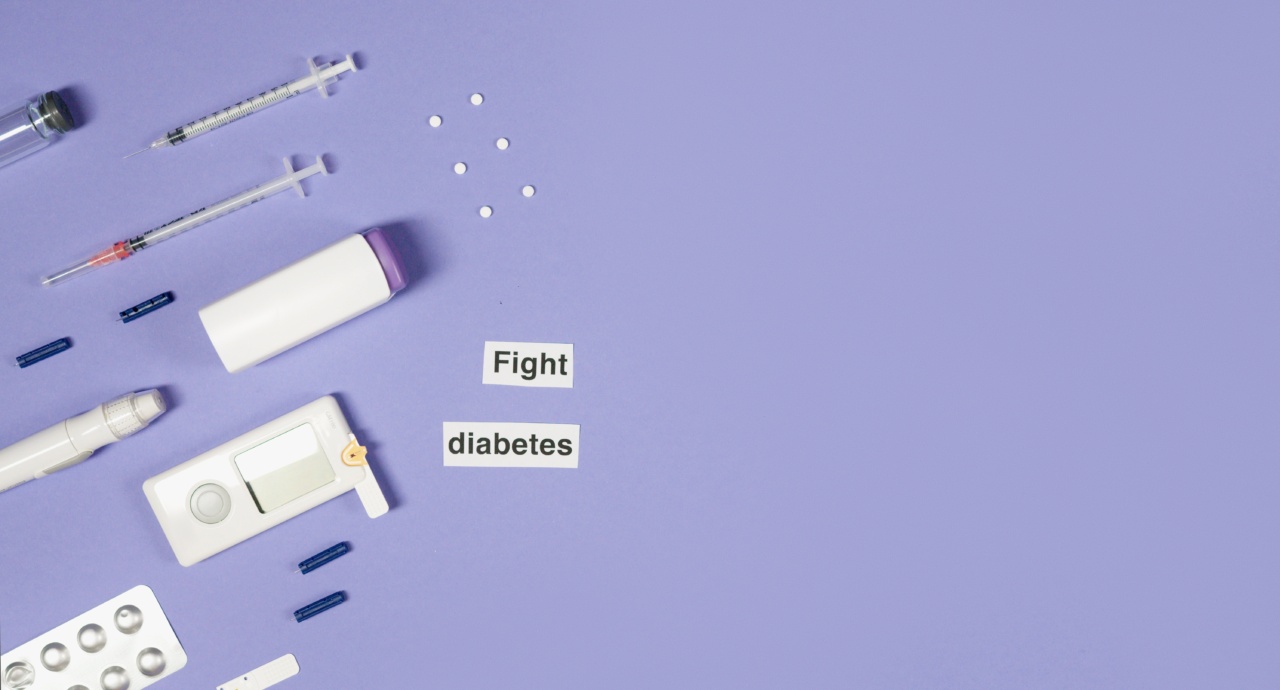Living with chronic kidney disease (CKD) can be challenging, but with the right strategies, it is possible to live a long and fulfilling life.
CKD is a progressive condition that affects the kidneys’ ability to filter waste and excess fluid from the blood, leading to various complications. This article outlines 150 strategies to help individuals with CKD improve their quality of life and extend their lifespan.
Eat a Healthy Diet
A well-balanced diet plays a crucial role in managing CKD. Consider the following strategies:.
1. Limit Sodium Intake
Excess sodium can cause fluid retention and hypertension. Opt for low-sodium alternatives and limit processed foods.
2. Control Protein Intake
Reduce protein intake to lessen the burden on the kidneys. Consult with a dietitian for personalized recommendations.
3. Increase Fruit and Vegetable Consumption
Fruits and vegetables are packed with essential nutrients and antioxidants that support kidney health.
4. Monitor Potassium Levels
High potassium levels can be dangerous for CKD patients. Restrict intake by avoiding potassium-rich foods like bananas, tomatoes, and oranges.
5. Manage Phosphorus Intake
Individuals with CKD often have elevated phosphorus levels. Limit foods rich in phosphorus, such as dairy products and processed foods.
Exercise Regularly
Regular exercise offers numerous benefits for individuals with CKD. Consider the following strategies:.
6. Talk to Your Healthcare Provider
Consult your healthcare provider before starting any exercise program. They can provide guidance based on your specific condition.
7. Focus on Low-Impact Activities
Engaging in low-impact exercises like walking, swimming, or cycling reduces stress on the joints while improving cardiovascular health.
8. Stay Active Throughout the Day
Avoid prolonged periods of sitting. Aim to incorporate physical activity into your daily routine, such as taking short walks or stretching regularly.
9. Listen to Your Body
If you experience pain, fatigue, or shortness of breath during exercise, take a break and consult your healthcare provider.
10. Stay Hydrated
Drink plenty of water before, during, and after exercise to prevent dehydration. Be mindful of your fluid intake limits if recommended by your doctor.
Manage Medications
Proper medication management is crucial in maintaining overall health and well-being with CKD:.
11. Follow Prescribed Medication Plan
Take medications as prescribed by your healthcare provider. Set reminders or use smartphone apps to stay on track.
12. Communicate With Your Doctor
Inform your doctor about all the medications, supplements, and over-the-counter drugs you are taking. Discuss any potential interactions or side effects.
13. Have Regular Medication Reviews
Schedule periodic reviews with your healthcare provider to reassess the necessity and dosage of your medications.
14. Be Aware of Pain Medications
Avoid overusing non-steroidal anti-inflammatory drugs (NSAIDs) like ibuprofen, as they can cause kidney damage over time.
Emphasize Mental and Emotional Well-being
Maintaining good mental and emotional health is essential for individuals with CKD:.
15. Seek Support
Join support groups or seek therapy to manage the emotional challenges associated with CKD. Consider talking to a mental health professional who specializes in chronic illness.
16. Practice Stress Reduction Techniques
Engage in activities that help you relax and unwind, such as deep breathing exercises, meditation, or yoga.
17. Stay Connected
Maintain a strong support system by staying connected with friends, family, and loved ones. Social interactions can boost your mood and overall well-being.
18. Prioritize Sleep
Aim for 7-8 hours of quality sleep each night. Create a calming bedtime routine and ensure your sleeping environment is comfortable and conducive to restful sleep.
Care for Your Kidneys
Taking care of your kidneys is crucial in managing CKD and maintaining overall health:.
19. Stay Hydrated
Drink enough water to stay hydrated, but be mindful of any fluid restrictions prescribed by your healthcare provider.
20. Avoid Smoking
Smoking can worsen kidney damage and increase the risk of cardiovascular diseases. Seek help to quit if you are a smoker.
21. Limit Alcohol Consumption
Excessive alcohol consumption can cause further kidney damage and negatively impact overall health. Drink in moderation or avoid alcohol altogether.
22. Control Blood Pressure
High blood pressure can accelerate kidney damage. Follow your doctor’s recommendations to manage and control hypertension.
23. Manage Blood Sugar Levels
If you have diabetes, it is essential to control your blood sugar levels. Uncontrolled diabetes can lead to kidney damage.
Monitor Your Health
Regular monitoring and proactive healthcare are vital for individuals with CKD:.
24. Schedule Regular Check-ups
Visit your healthcare provider regularly to monitor your kidney function and overall health. Follow the recommended frequency for check-ups.
25. Get Routine Blood and Urine Tests
Regular blood and urine tests help monitor kidney function, detect any abnormalities, and guide treatment plans.
26. Track Your Blood Pressure
Measure and record your blood pressure regularly at home. Share the readings with your healthcare provider during visits.
27. Learn to Recognize Warning Signs
Be aware of the common warning signs of kidney disease worsening, such as swelling, changes in urine output, or increased fatigue. Promptly inform your doctor if you notice any changes.
Conclusion
Living longer with chronic kidney disease is possible by implementing these 150 strategies.
By taking care of your overall health, managing medications, prioritizing mental well-being, caring for your kidneys, and monitoring your health regularly, you can improve your quality of life and extend your lifespan.































